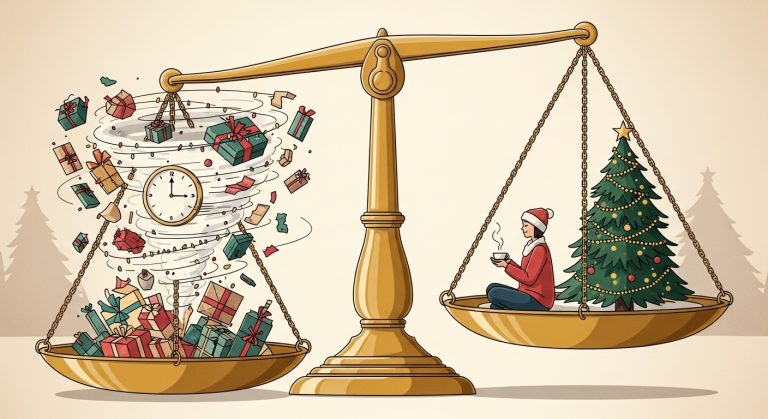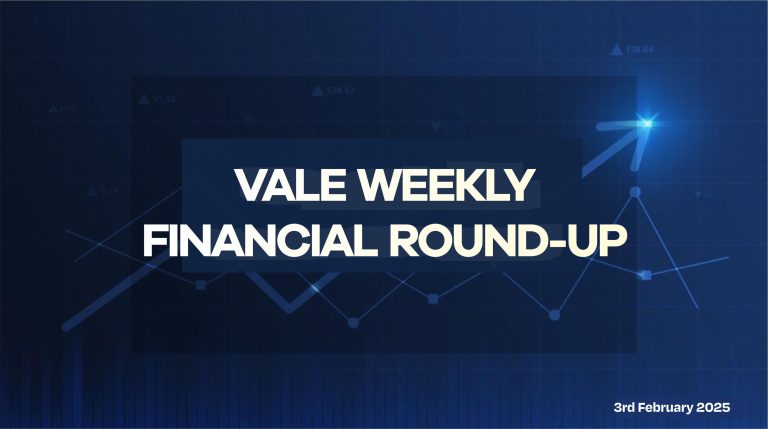Signs You and Your Partner Are Money Compatible
Money might not be the most romantic thing to talk about, but let’s be real, it can make or break relationships. You know how they say, “love isn’t enough”? that is because love alone will not pay rent, fuel your car, or cover that surprise Jollof-and-Asun hangout on a random Friday night. If you and your partner are thinking long-term, your financial habits need to align. So, how do you know if you are financially compatible? Here are some green flags to watch out for.
1. They are Honest About Their Money Situation
Imagine you are dating someone, and every time you ask about their finances, they dodge the question like Lagos danfos dodging potholes. If they cannot be upfront about how they spend, save, or even struggle with money, that is a red flag. On the flip side, a financially compatible partner will be open about their income, debts, and even their spending habits. They are not out here pretending to be billionaires when their account balance is screaming ‘insufficient funds.’ Honesty builds trust, and trust builds stability.
2. You Both Have Similar Spending Habits
Let’s say you are the type who enjoys simple pleasures buying boli and groundnut instead of splurging on overpriced brunches every weekend. But your partner? They cannot step out without maxing out their budget on designer outfits, club bottles, and all things luxury. It is only a matter of time before you start clashing. Financial green flag? You do not have to be identical, but your spending habits should complement each other. If one person is a big spender and the other is ultra-frugal, there needs to be a balance so resentment does not creep in.
3. They Plan for the Future
Have you ever been with someone who spends like there is no tomorrow? Every payday, they ball out, but by the middle of the month, they are borrowing transport fare? A financially sound partner is not just thinking about today, they have plans for tomorrow. They are saving, investing, and setting financial goals not just for themselves but for both of you. If they talk about buying land, starting a business, or even saving towards a shared goal (like that dream vacation or a proper wedding instead of “we will just do court and move on”, that is a green flag.
4. They Do Not Feel Entitled to Your Money
Here is the thing being in a relationship does not mean automatic access to your partner’s wallet. A huge green flag is when your partner does not see you as an ATM. They understand that your money is yours, and while it is nice to support each other, they do not have a mindset of “it is your job to fund my lifestyle.” If they respect boundaries and do not guilt-trip you into unnecessary spending, hold onto them tight.
5. They Handle Financial Stress Maturely
Life happens. Maybe your partner loses a job, or an unexpected expense comes up how do they react? Do they completely break down, or do they take it in stride and find a way forward? Money stress is real, but a financially compatible partner would not make reckless decisions in tough times. They will communicate, adjust budgets, and make smart moves instead of impulsively borrowing money from every available source (including loan apps with wicked interest rates).
6. They Support Your Financial Growth
Are they hyping you up when you make smart money moves, or are they discouraging you? If you tell them, “I want to start saving with Vale’s My Target Plan,” do they say, “That’s great!” or do they roll their eyes and say, “Why stress? Just enjoy life!”? A solid partner will encourage you to build wealth, make good financial choices, and even share tips with you. You both do not have to be finance experts, but growing together financially is key.
7. They Communicate Openly About Money
If your partner avoids money talks like traffic on Third Mainland Bridge at rush hour, that is a problem. A financially compatible partner will be willing to have conversations about budgeting, future plans, and financial concerns. No awkwardness, no tension, just honest discussions about how to make things work for both of you.
At the end of the day, money compatibility is not about both of you earning the same salary or having identical spending habits. It is about balance, mutual respect, and being on the same page financially. Love is beautiful, but love with financial peace of mind? Even better.
If you and your partner tick most of these boxes, congratulations. You are on your way to a financially stable and drama-free relationship. If not? Well, now you know what to look out for.
NOW TO THE NEWS
CBN reveals 85.5% of large businesses in Nigeria perceive inflation as high
An overwhelming 85.5% of large businesses in the country perceive inflation levels to be high, which demonstrates the persistent economic challenges faced by enterprises in Nigeria.
This is according to the Central Bank of Nigeria (CBN)’s Inflation Expectations Survey (IES) for January 2025.
The survey further detailed that: 78.2% of medium-sized businesses, 77.6% of small businesses, 80.9% of micro businesses also share similar sentiments regarding inflationary pressures.
“A breakdown of the perception indicated that large businesses have the highest inflation perception while small businesses recorded the lowest perception,” the report stated. This suggests that businesses with larger operational scales are more sensitive to macroeconomic trends, particularly inflationary pressures, which could influence pricing strategies, investment decisions, and employment levels.
The report further highlighted that inflation perception is influenced by several key factors, including energy costs, exchange rates, transportation costs, and interest rates. These elements have significantly shaped businesses’ outlook on inflation, reinforcing the widespread concern across different business segments.
The National Bureau of Statistics (NBS) reports that the headline inflation rate in Nigeria reached 34.80% in December 2024.
CBN ends three free monthly ATM withdrawals for customers using other banks’ ATMs
The Central Bank of Nigeria (CBN) has announced a major revision to its Automated Teller Machine (ATM) transaction fees, effectively eliminating the three free monthly withdrawals previously granted to customers using other banks’ ATMs.
This directive, outlined in a circular dated February 10, 2025, applies to all banks and financial institutions operating in Nigeria and is set to take effect from March 1, 2025.
It was signed by John S. Onojah, Acting Director of the Financial Policy and Regulation Department, and released on the apex bank’s website on Tuesday.
The most significant change is the complete removal of the previous policy that allowed bank customers three free monthly withdrawals on ATMs belonging to other banks. This means that every withdrawal on another bank’s ATM will now attract a charge.
CBN’s justification for the review
The CBN cited rising costs and the need to enhance ATM efficiency as the primary reasons for the review. The regulator expects this adjustment to accelerate the deployment of ATMs across Nigeria while ensuring that financial institutions appropriately charge customers for the service.
This decision aligns with the CBN’s broader strategy to promote digital banking and reduce reliance on cash transactions.
CBN to sanction banks restricting withdrawals below N20,000
The Central Bank of Nigeria (CBN) has warned that it will sanction any bank that prevents customers with sufficient funds from withdrawing up to N20,000 per transaction.
The directive, which takes effect from March 1, 2025, was outlined in the CBN circular dated February 10, 2025, and forms part of the revised ATM transaction fees introduced to enhance efficiency and encourage the deployment of more ATMs across the country.
This is according to the FAQ document on the new direction published by the apex bank on Thursday.
Under the new structure, withdrawals from a customer’s own bank ATMs remain free of charge. However, withdrawals from another bank’s ATM (Not-On-Us transactions) will attract a charge of N100 per N20,000 withdrawal. If the transaction is carried out at an off-site ATM—those located outside bank premises such as shopping malls or fuel stations—an additional surcharge of up to N500 may apply.
The CBN clarified that customers withdrawing less than N20,000 from another bank’s ATM will still be charged the N100 fee. This is to prevent users from breaking up withdrawals into smaller amounts to avoid multiple charges. The three free monthly withdrawals previously allowed for transactions at other banks’ ATMs have also been removed.
Naira’s best start in over a decade sparks hope, caution
The naira has kicked off the year with its strongest rally in 13 years, mirroring an early surge in 2024 that was ultimately undone by foreign investors cashing out. But this time, the forces at play suggest the story may unfold differently.
Since December 2024, the naira has gained 9 percent, strengthening from N1,662/$ on Dec. 2 to N1,509/$ on Feb. 13, the biggest gain among African currencies, according to BusinessDay data.
In January alone, it appreciated 4 percent (N63.14), hitting a seven-month high of N1,478.22/$. The last time the currency appreciated in the month of January was in 2012.
Although the rally has cooled slightly in February, with the naira stabilising around N1,500/$, its strength in the parallel market has continued. It climbed to N1,545/$, up from N1,620/$ at the start of the month.
The last time the naira surged this quickly, the gains were short-lived. In March 2024, the currency rallied from N1,600/$ the previous month to a peak of N1,300/$ on the back of surging foreign portfolio inflows (FPIs) and diaspora remittances. That remarkable turnaround saw the naira go from the world’s worst-performing currency to its best performer in a matter of weeks.
However, as dollar inflows slowed, cracks in the FX market reappeared. By July, the naira had not only erased its gains but had fallen to an even weaker N1,660/$.


